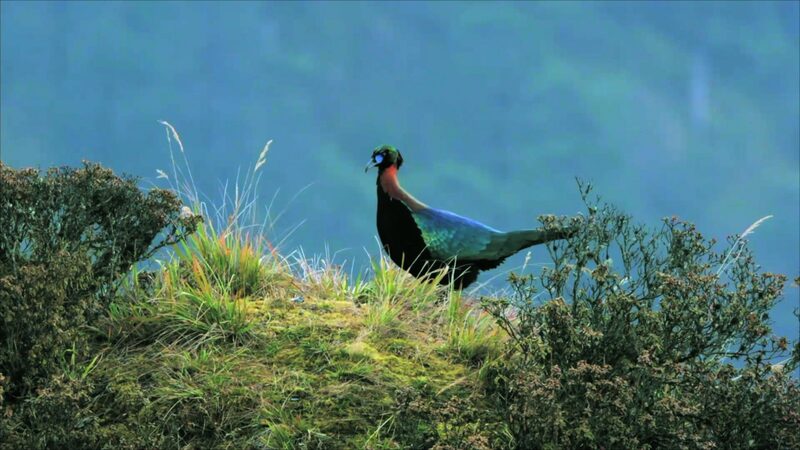Tucked between western Sichuan and the Qinghai-Tibet Plateau, the formidable Hengduan Mountains stand as a living laboratory of evolution. Here, species like the iridescent Chinese monal and elusive white-lipped deer have thrived in isolation for millions of years, their survival story shaped by vertical cliffs, oxygen-thin air, and extreme temperature swings.
The Evolutionary Crucible
Geological shifts created this vertical maze 50 million years ago, setting the stage for unique adaptations: specialized hooves for navigating scree slopes, ultraviolet-reflecting feathers to communicate in dense fog, and blood vessels evolved for high-altitude efficiency.
A Climate Change Frontier
Researchers now study these species to understand biological resilience as rising temperatures alter migratory patterns. Recent observations show white-lipped deer expanding their territories upward – a potential climate adaptation strategy offering clues for conservation science.
Guardians of Biodiversity
Local conservation programs collaborate with researchers to monitor habitats using AI-powered camera traps, revealing 14 previously unrecorded species since 2022. The mountains’ ecological isolation makes them a critical benchmark for understanding evolutionary processes.
Reference(s):
cgtn.com




